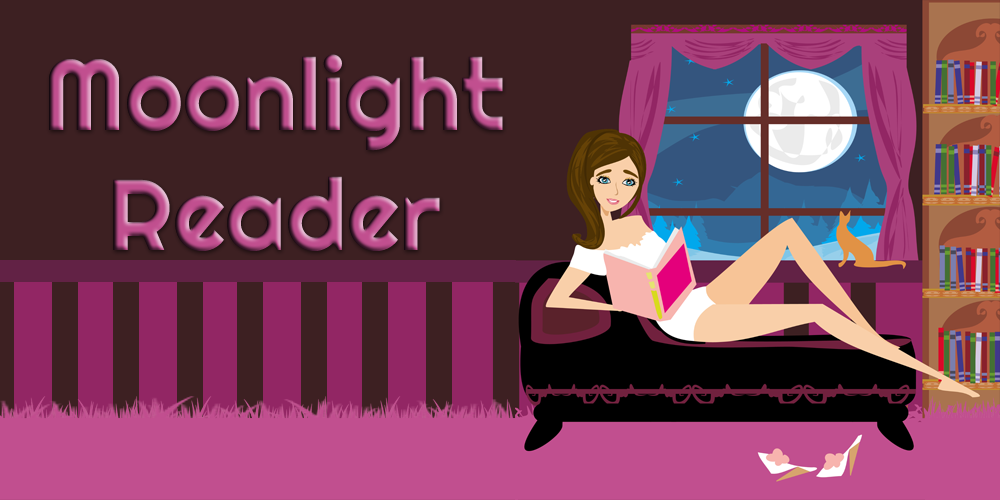The One Element That Will Make Everyone Read Your Story
Why stories? Why characters and plot and conflict? Even before people could write, we were handing down stories through oral tradition. Today, the writing, reading, and watching of stories is a huge part of our lives and our world. Why is that?
One would think with all the conflict we face in our daily lives—from traffic jams and what to make for dinner, to work and relationship problems, to global conflicts—that we would be sick of the drama and just want to listen to Mozart all day long to soothe ourselves. Don’t get me wrong: I’m all about classical music, but most people who love reading and stories enough to follow book blogs simply crave drama, even in their spare time. And, truth be told, most people are that way, at least to some extent.
The question remains: why?
I’ll give you a few hints: The answer is something essential to our survival as a culture. As human beings, we thrive on it. As individuals, we latch onto it with unparalleled tenacity. It’s both noble and cliché. It’s what makes us get out of bed in the morning, pursue relationships, and set goals. On our worst days, it’s the one thing that can make us smile; the one thing that can bring us out of the darkest despair.
Have you guessed it yet? The answer is HOPE.
Think about it. If we don’t hope to live a good life, why work at all or try to make money? If we don’t hope for joy and love, what’s the point of cultivating any relationship, romantic or platonic? Heck, if we don’t hope for a good day, why get out of bed in the morning? (I’m sure we’ve all had those times that we’d rather stay in bed and hide than face the day.) Hope propels us forward on every level and in every aspect of our lives.
What’s this got to do with a great story?
If you want people to read your story, you’ve got to give them the hope of satisfaction in ALL areas. (No pressure, right?)
With plot: You start your story one of two ways. A) with a negative world (poor Harry Potter has a sad, boring life where he lives with horrible, abusive people that make him sleep under the stairs) or B) with a pretty good world that is simply flawed, most likely because some negative force might come disrupt or destroy it (Frodo’s life in the Shire is happy and tranquil, but his world is flawed because a dark evil is brewing somewhere far away and that evil might destroy his beloved Shire).
By starting in one of these two ways, you’re making an unspoken pact with your readers about what is to come. They have a hope of satisfaction that things will get better.
For characters: we all know the best characters are dynamic, rather than static. This is (one of many) reasons why your characters must be flawed. They must have a personality flaw or a flawed belief system because the reader wants to see them change and grow. By showing a weak character at the beginning (a weak, submissive Harry or an oblivious, un-weathered Frodo) we make an unspoken pact with our readers that the characters will change and grow throughout the story. They hope for satisfaction on this count.
For setting: your setting should be intricately tied to your story. Especially in a fantasy world, or if you have some special setting that’s very different from what most of your readers see on a daily basis (Mt. Doom in the distance, perhaps?) you must deliver on this setting. Let the readers see it. Once you’ve mentioned a school of witchcraft and wizardry, it would be stupid to not let your characters explore it, right? So give them a promise of an awesome setting, which will play a major role in your story, and then deliver on it. They will have a hope for satisfaction.
By making promises about character, setting, and conflict, you are allowing your readers to hope for something. If you give them enough hope for satisfaction, they WILL continue reading.
The most dissatisfying stories out there are the ones that set up something major and then don’t deliver. I won’t name any names here but I’m sure we can all think of a few. Don’t do this!
Hope is what drives all aspects of a story because it’s also what drives us as human beings. Hope for a better world; hope for resolution; hope for a better person; hope for a happy ending; hope for satisfaction. If your story has this, the readers will return again and again.
~Liesel Hill
Liesel has her debut novel releasing soon! Here is the cover and synopsis:

